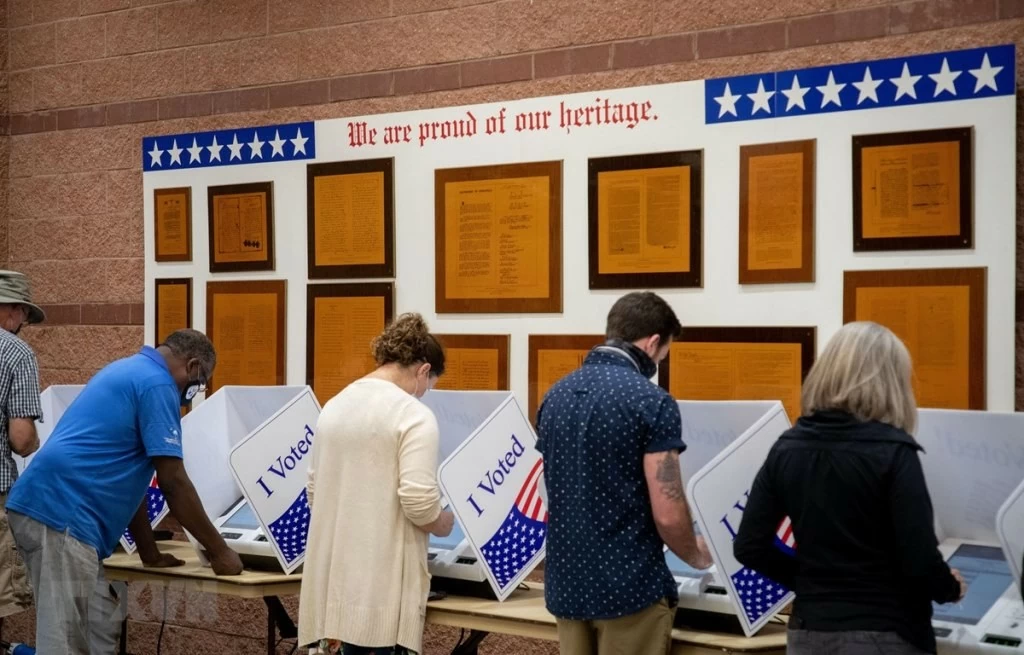
Why Tuesday?
However, the US Presidential Election Day must be the Tuesday after the first Monday in November of the election year. However, Election Tuesday is not a holiday. The US Presidential Election includes the election of the President, representatives and senators. On this "national festival", voters of the United States go to the polls, fulfill their civic duty and then can continue to go to work. Anyone who wants to take time off from work can do so, but it must be deducted from their annual leave. The 60th US Presidential Election this year will take place on Tuesday (November 5) as stipulated by the Constitution. The 59th election in 2020 will also take place on Tuesday, November 3. Thus, the date of the US Presidential election may vary each term, but it must be the Tuesday after the first Monday of November. This determination was passed by the US Congress in 1845 and after nearly two centuries it has not changed, although there have been some proposals to allow elections on weekends. In the early 19th century, the US developed based on agriculture. The country was large, traveling by primitive means, reaching the ballot box sometimes took several days. On weekends, people went to church, Wednesday fell on the market, leaving only Tuesday as the most convenient day to vote. November was also a month of leisure for farming, people were happy after a bumper crop, they liked to vote for the President. If the crop failed, they would also go to choose "a smarter person to bring luck" for the following year. According to the election law and the extremely fierce competition between candidates, the election results in the US are very difficult to predict. According to the Constitution, each state in the United States has a number of electors approved by Congress based on geography and population. In total, the United States has 538 electoral votes, and any candidate who wins 270 electoral votes in the election on Tuesday, November, will become the owner of the White House. Some "battleground states" such as Florida have 29 electoral votes, Ohio has 18 votes, North Carolina has 15 votes and Pennsylvania has 20 votes, the candidate who wins in these states will have all the electoral votes in that state and have an advantage in the race.American style voting
Traditionally, voters in states that have voted for a party’s candidate will vote for that candidate. This year’s race will not change that tradition. Texans will still vote for Donald Trump, no matter how much he “misspoke,” while California voters will likely vote for Democratic candidate Kamala Harris. Candidates will also have to compete fiercely to win votes in “neutral” but important states like Florida, Pennsylvania, and North Carolina because these states have a large number of electoral votes. Any candidate who loses in many states with a large number of electors will likely have to call their opponent to congratulate them when the race is over.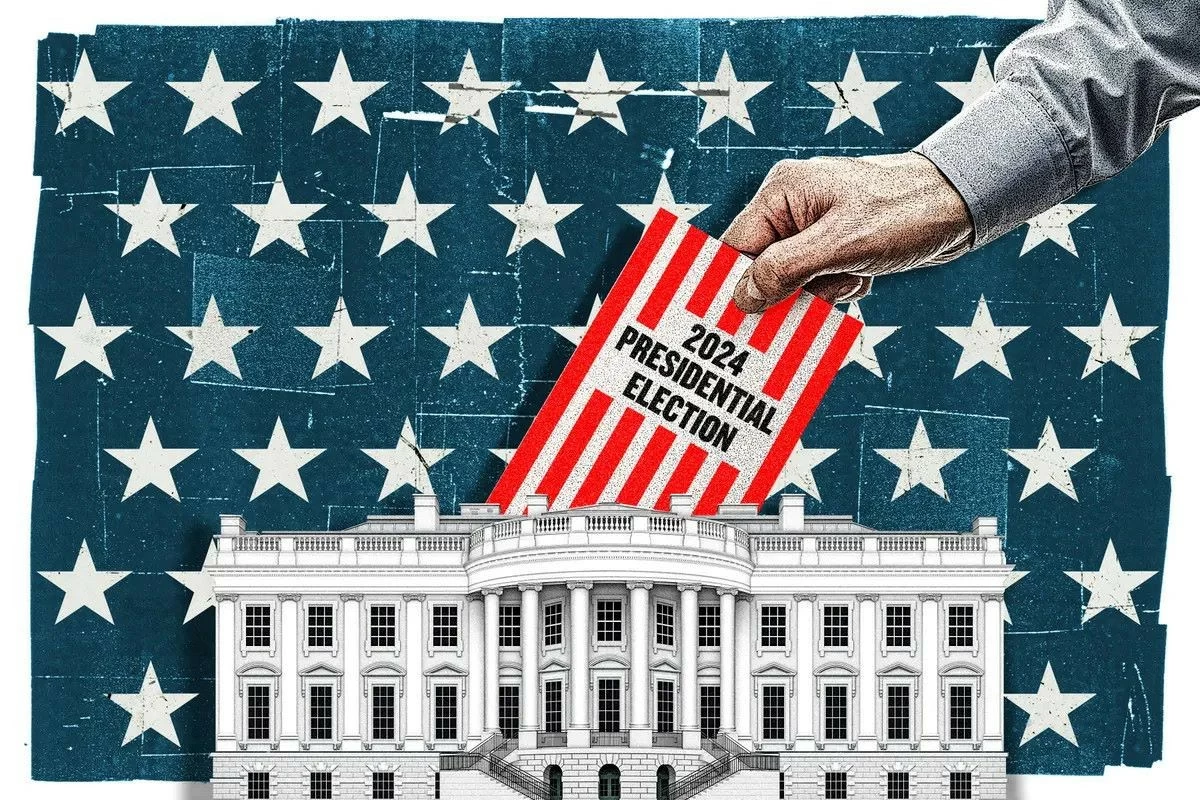 |
| Americans will go to the polls to elect their 60th President on November 5. (Source: Getty Images) |
Americans are practical and clear in all their actions, such as sharing hotel bills, sharing food with their girlfriends, and even when holding a ballot in their hands to choose the head of their country. When the election is coming, just looking at the residential area, you can see that American democracy is very diverse. In recent elections, people showed their support for the presidential candidate by pasting pictures on cars, hats, T-shirts or scarves and publicly placing posters with the names of their favorite candidates in front of their houses or in their gardens.
In a family, there can also be two factions: Republican and Democratic. Parents have their own opinions, maybe leaning towards candidate Donald Trump while the children like Ms. Kamala Harris. Americans are also very independent when it comes to voting. Neighbors still come over to drink together, but there is absolutely no intention of persuading them to vote for anyone. There are rows of houses that do not have posters with the names of Democratic or Republican candidates, but only when standing in a closed room in front of the ballot box do they decide which candidate to cross out.
Election Day is fast approaching on Tuesday, November 5. But this year, candidates’ pictures are rarely seen on cars or posters at home, and are only a few on the streets, at least in my neighborhood, just a few blocks from the White House. This election, voters seem reluctant to publicly express their support for Donald Trump or Kamala Harris.
"Natural disaster ballot" and "man-made disaster ballot"
Americans are also very practical in choosing candidates. They may have decided who to vote for a year in advance, but sometimes natural and man-made disasters change their original intentions. Remember, just a few weeks before the 2012 election between incumbent President Barack Obama and Republican candidate Mitt Romney, superstorm Sandy with winds of up to 140-150 km/h raged from North Carolina to New England, killing hundreds of people and causing about 50 billion USD in damage. Three nuclear reactors had to be shut down, the New York subway system suffered the largest flooding since its inauguration more than 100 years ago... At that time, the whole world looked to President Obama to see how he would handle the emergency. The "swing states" also put him in their sights. As expected by the American people, right after the storm, President Obama visited the devastated areas in New Jersey. He was accompanied by Governor Chris Christie, who was a staunch opponent of President Obama in the Republican-Democratic election. After that incident, Mr. Christie completely changed his mind, praising President Obama: "I cannot thank the President enough for his personal concern and affection for the people of the state." According to a Washington Post poll after the incident, 8 out of 10 people rated Obama as excellent or good. The then Mayor of New York, Michael Bloomberg - a neutral person between Obama and Romney - an extremely important vote also praised the way Obama handled the aftermath of Hurricane Sandy. Whoever Mayor Bloomberg voted for would certainly attract millions of votes from New Yorkers. Candidate Romney at that time also went to the place to deliver clothes, food, and drinks to the victims of Hurricane Sandy. But Obama was the incumbent President, he did what the people expected and that image had a stronger impact on the voters' votes than Mitt Romney. In that year's race, Mr. Obama won a resounding victory to continue his second term. People say that Hurricane Sandy, named after a beautiful woman, "voted" for the current President. America has a "disaster vote". Before this year's sprint, superstorm Milton with winds of 195km/h suddenly struck, sweeping through Florida, causing deadly tornadoes, destroying houses, causing floods that killed at least 10 people, and nearly 3 million families lost power. President Joe Biden, although no longer running for re-election, immediately canceled his scheduled trip to Germany and Angola from October 10-15. Surely, the current President canceled his trip to stay and support his party's "deputy" Kamala Harris based on the experience he learned after Hurricane Sandy, which gave Democratic candidate Obama a "disaster vote". This time, American voters will also look at how the two candidates handle the aftermath of Hurricane Milton to decide who to cast their votes for.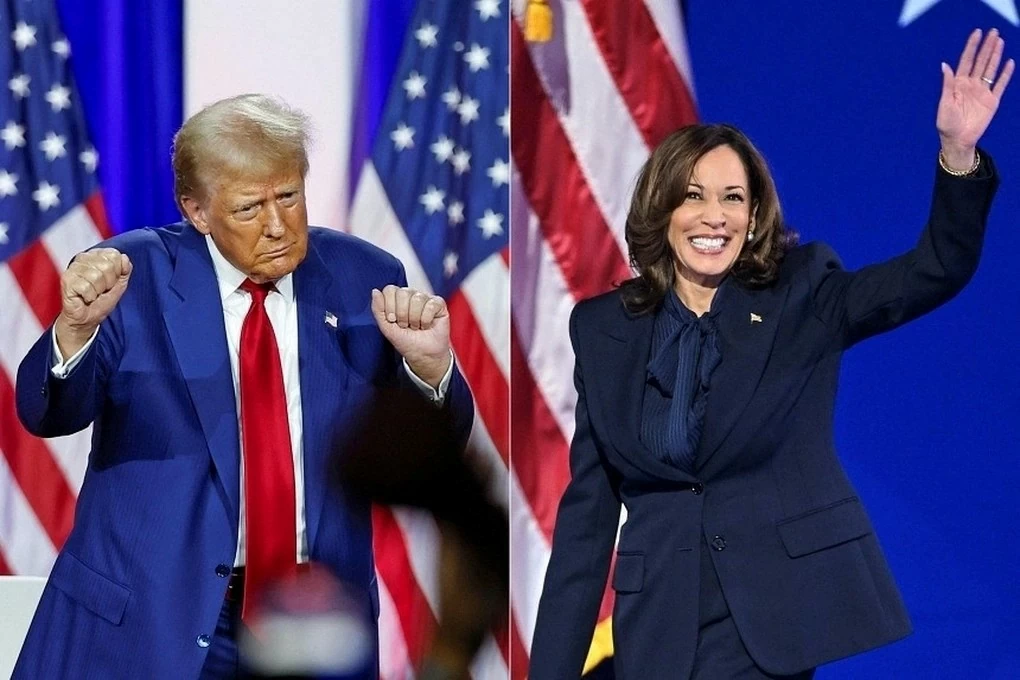 |
| Vice President Kamala Harris and former President Donald Trump are in a tight race, separated by just a few points. (Source: AFP) |
Previously, in 2004, when the race between the two candidates John Kerry and George Bush was fierce, the victory belonged to Kerry, the leader of Al Qaeda Bin Laden reappeared and threatened to attack the United States. The threat of the Al Qaeda boss at that time reminded Americans of the terrible terrorist attack of 9/11 and the way President Bush handled the problem from the root. So the balance tilted towards the Republican Party, which has no tolerance for terrorism. Mr. Bush won the race that year partly thanks to the "vote of humanity" that influenced the decisions of voters who were still hesitant because of concerns about the threat to America's national security.
For the majority of voters, when national security is threatened or they want to “make America great again,” Americans tend to vote for the Republican candidate, and Donald Trump will have the advantage. But when they want stability for the economy to grow and spend freely, they will lean toward candidate Kamala Harris, and vote for the Democratic candidate.
According to many “paper” polling companies, the two candidates Trump and Harris are currently competing on equal terms with only a few points of difference. The “man-made disaster vote” from hot conflict spots in the Middle East, Russia – Ukraine and many other places shows no signs of cooling down despite completely contradictory statements from Donald Trump and Kamala Harris. Meanwhile, the “natural disaster vote” with superstorm Milton has arrived and left devastating consequences for the United States. The two candidates are probably taking advantage of these “man-made” and natural disaster factors to gain more votes from undecided voters.
With just over two weeks to go until Election Day, millions of early ballots have already been cast by mail. Tuesday, November 5th, is the height of fall foliage in Washington, DC, and around the White House. Let’s see who will emerge victorious in this exciting, unpredictable and often wildly unpredictable race.
Baoquocte.vn
Source: https://baoquocte.vn/chuyen-bau-cu-dang-den-hoi-gay-can-o-nuoc-my-290105.html



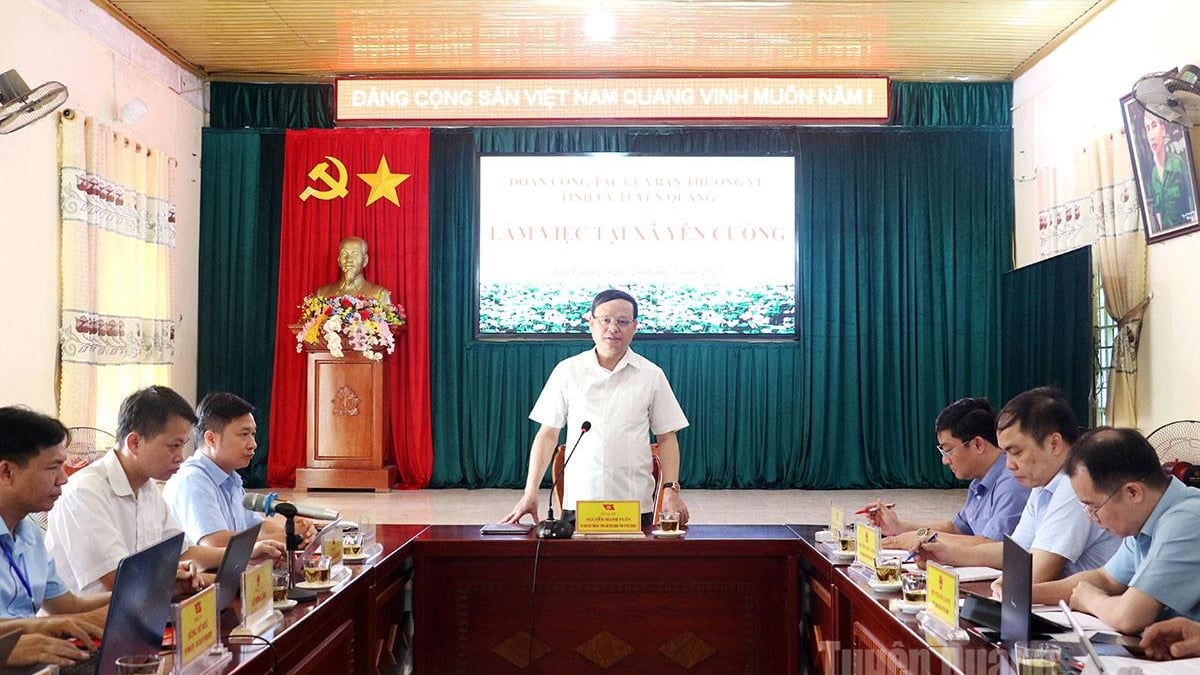
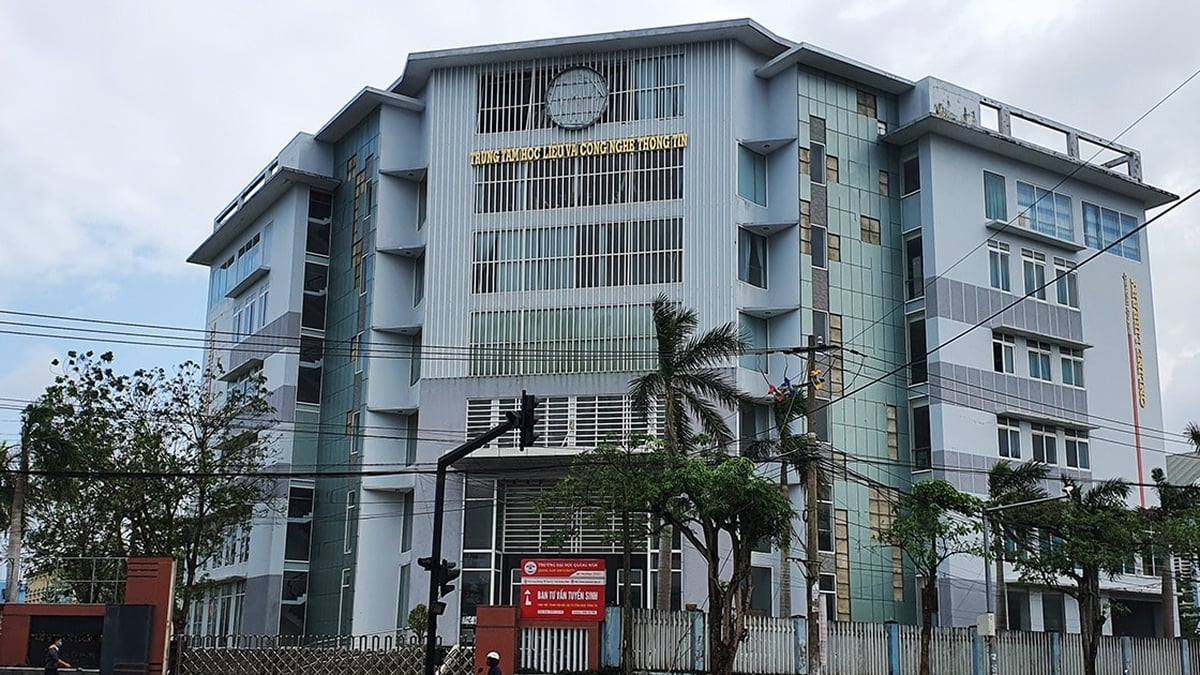
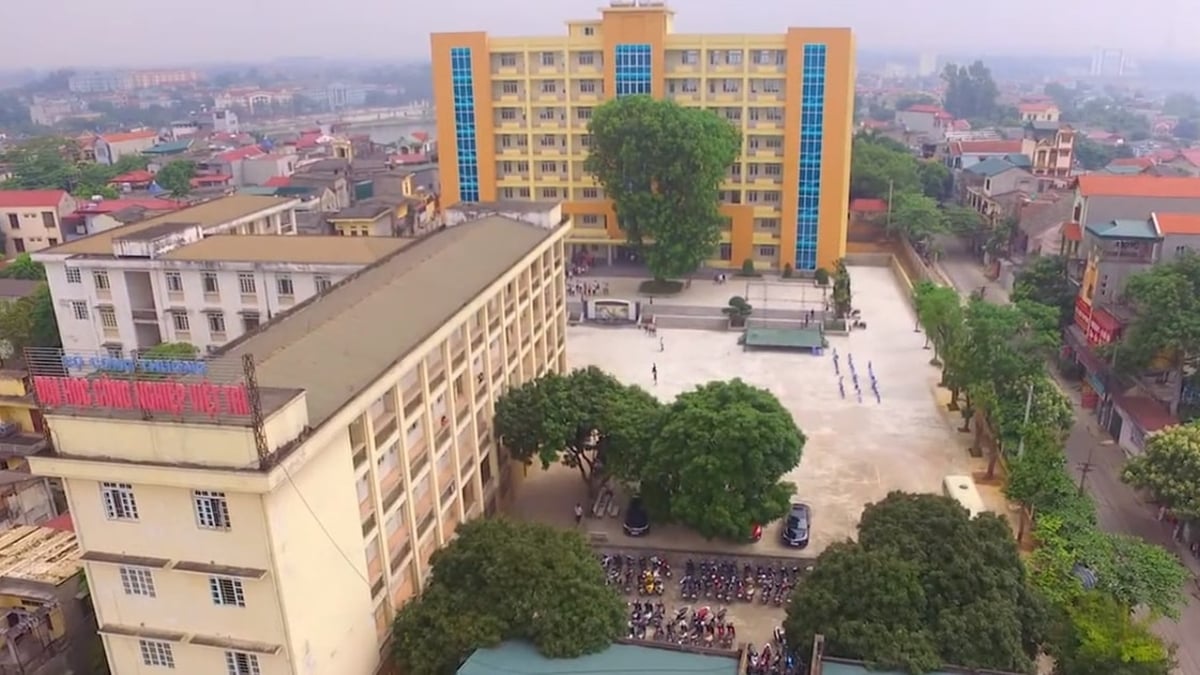




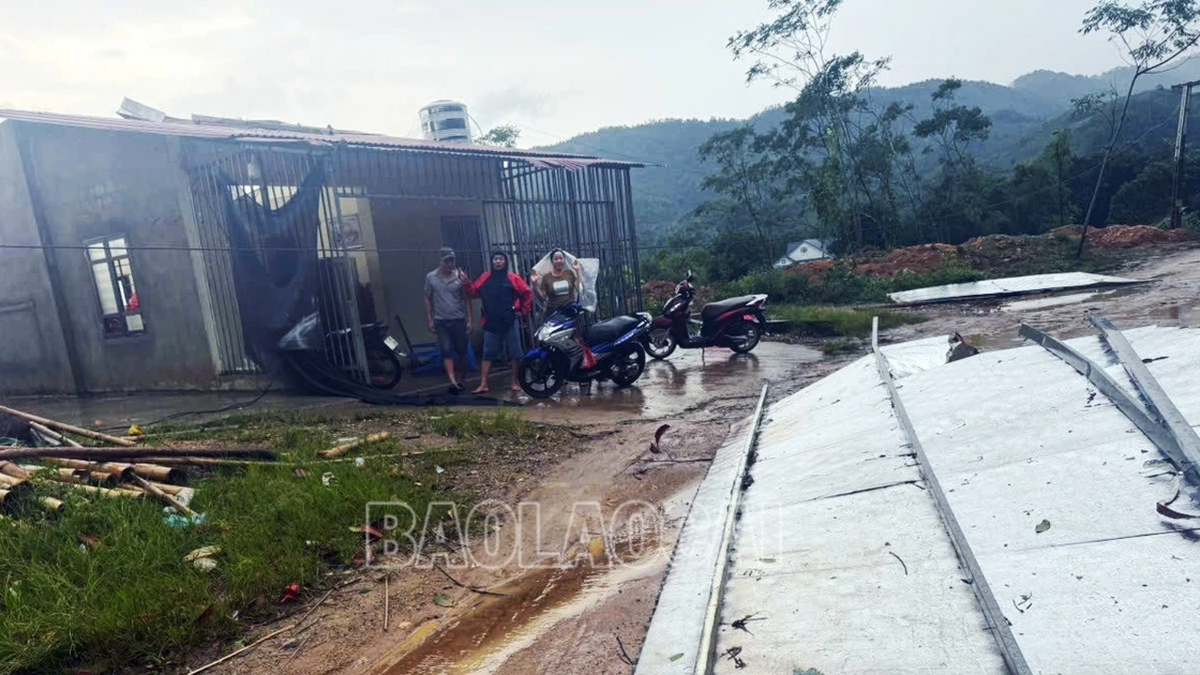











![[Photo] National Assembly Chairman Tran Thanh Man visits Vietnamese Heroic Mother Ta Thi Tran](https://vphoto.vietnam.vn/thumb/1200x675/vietnam/resource/IMAGE/2025/7/20/765c0bd057dd44ad83ab89fe0255b783)









































































Comment (0)